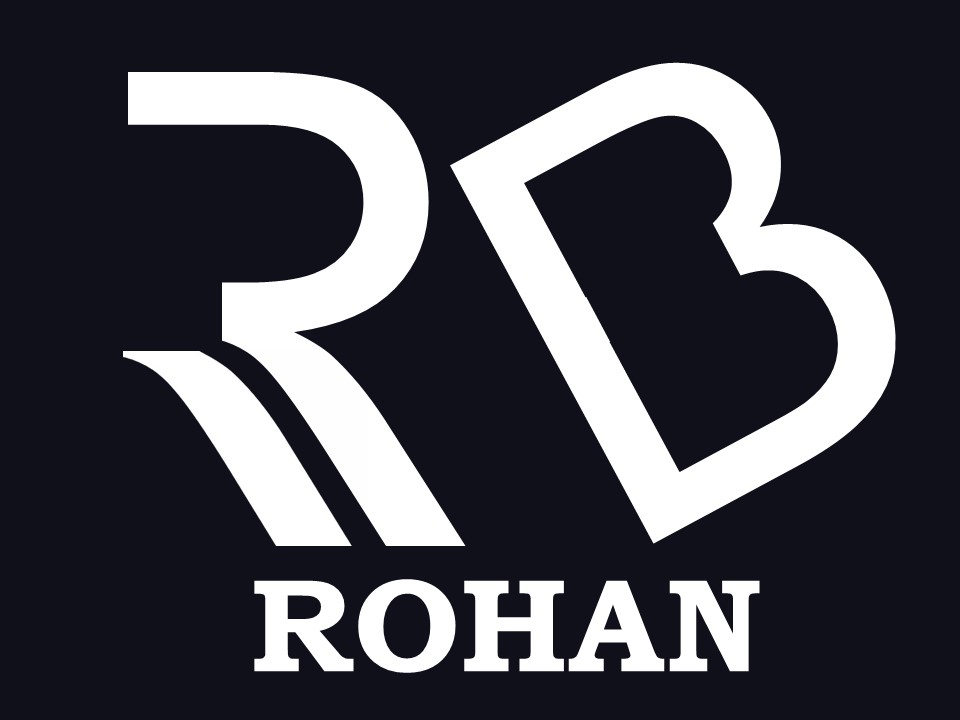Norms
The Macmillan Dictionary of Anthropology defines norms as "a prescribed or expected pattern or standard of behavior in a given social group or social context". Norms are concerned with social rules which relate to social needs, problems and collective reaction. It is an attitudes and behaviors common to members of a particular group. There are specific laws that compel to do. The rule breakers are punished. The way we talk, listen, treat and gestures related to norms. Every society is governed through the norms. Norms differs place to place, and culture to culture. Norms are influenced by the different kinds of religious ideologies, mores, taboos and rituals.
Oxford Dictionary of Sociology defines, "norms are a shared expectation of behavior that connotes what is considered actually desirable and appropriate". Norms are both formal and informal. Formal norms are written forms- an individual should punish or reward as per codified laws of the society, whereas informal laws are unwritten and based on the customary laws and traditional value system.
Value
The term value is concerned with dignity and price. It is an important issue for sociologist and anthropologists. Value associated with rights, patriotism, respect, human dignity, rationality, sacrifice, and education qualification. According to H.M. Johnson "values are general standard and may be regarded as higher order norm". In short, it should be measured in goodness and desirability. It is a form of standard behavior which derives through the long process of social interaction and socialization process. It encompasses or evaluates the human behavior and actions. Values are not specific as norms, however, it is commanding. Values as a social data, it is standard desirability which is independent. The value provides certain goals and ends to the member of the society and establishes the stabilities and uniformities. Value also contributes to hold the society together and establish the sense of belonging. It creates the legitimacy and governs the society and it also contributes to form the rules and regulations. The value provides judgment. The structuralists and functionalists theorists both are interpreting about the values.
There are four types of values:
(1) It exists at different levels of generality or abstraction
(2) value tends to be hierarchically arranged
(3) Value are explicit and implicitly varying degree
(4) Values often are in conflict with one another.
Status
Status normally associates with "prestige" and "position" within the social structure. The "position" of an individual put in the hierarchical order. Paul B. Horton and Chester L. Hunt argued that "status is usually defined as a rank or position of a person in a group, or of a group in relation to the other groups (105)". The status could be achieved two ways ascribed and achieved. If anyone achieve the "position" through the inheritance basis rather than choice, effort and ability is known as ascribed status, for instance, "king"-whether he is "brilliant" or "dull", "handsome" or "ugly", "uneducated", "wise" and "foolish". In the achieve position, one can receive his/her status through the competition, choice, effort, and capacity, for example, the prime minister and professor and banker. "Sex" and "age" are ascribed position-which is determined through the "race", "nationality", "social class", and "religion". Individual role differ across the time and socialization process. It may change state rules, used technologies, mass-media and education. The status of an individual determines through the age i.e. children, adult and aged. For instance, American youth work in company or industries and farm house as per his skill while Nepali youth engage in the agriculture and live in the joint family. In the primitive society senior citizen is highly honored, taken as the source of knowledge and family member look after them. Today we can observe quasi ascription by merit-the position of an individual determine through the merit. Likewise, in achievin status, an individual secured his/her position through the individual choice, competition and capacity. In industrial society the status of an individual determines through their qualification, expertise, ability, choice and talent. The personal ability would recognize and it is away from the nepotism and favoritism. The status would change in accordance with their social mobility.
Role
It is a set of norms, behavior and personality that has the attachment with status. The role of an individual derives in accordance with status that they acquire through their experiences and qualifications for example; student follows the teacher, participating in the discussion, attending seminars and exams. Each society had given roles to the people as per rules and regulations. The function of an individual is known as role. Individual have varieties of roles-father, mother, businessman, clerk, professor and leader.
"The term role is used to designate the sum total of the cultural pattern associated with particular status" -Linton
In fact, it has relation with attitudes, values and behavior that has been assigned in accordance with the position. The role of the people socially determine i.e. a single person has different roles-whose role is differ as per time and context-he might be father, farmer and social worker. The role of an individual is change as he/she grows up. The functionalists interpretation regarding the role has been heavily criticize because they only dealt in the sense of consciousness, static and passive in its kind.

Post a Comment